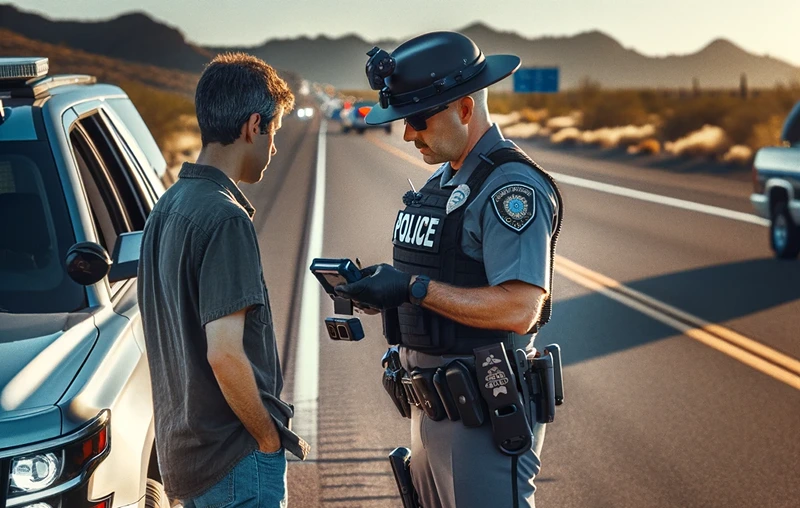
Feature Article: Understanding the Importance of Police Body Camera Footage in a DUI Case
Introduction
In recent years, police body cameras have become an essential tool in ensuring the accountability of law enforcement officers. These cameras provide an unaltered account of events as they unfold, helping to create a safer society for all. However, these cameras have also proved their worth in courtrooms, where footage can be used as evidence in criminal cases. In this feature article, we will explore the importance of police body camera footage in DUI cases, highlighting how it can be used as evidence, and the factors that cause it to be challenged.The Role of Police Body Camera Footage in DUI Cases
The use of police body camera footage as evidence in DUI cases is becoming more common. In such cases, the footage can be used to determine whether the driver was operating the vehicle under the influence of drugs or alcohol. It can also be used to determine whether a driver was violating traffic laws. However, the admissibility of this evidence is not automatic. The defense has the opportunity to challenge the footage on several grounds, such as questioning its relevance, the manner in which it was obtained, or its integrity. For example, if the footage was obtained illegally, such as without a formal warrant, it may be suppressed as evidence.Factors That Affect Admissibility of Police Body Camera Footage in DUI Cases
Several factors can affect the admissibility of police body camera footage in DUI cases. Some of these factors include:1. Relevance
The relevance of the footage is one of the most fundamental considerations in determining its admissibility. If the footage does not provide relevant information regarding the facts of the case, it may be excluded as evidence.2. Manner in Which the Footage Was Obtained
If the footage was obtained in violation of the defendant's rights, such as without a proper warrant, it may be excluded as evidence. Similarly, if the footage was obtained through coercion, it may be excluded as evidence.3. Authenticity
The authenticity of the footage is another important consideration in determining its admissibility. The prosecution must ensure that the footage presented as evidence is genuine and has not been altered or edited in any way.4. Accuracy
The accuracy of the footage is also a critical consideration. Inaccurate footage may have a significant impact on the outcome of the case. Therefore, the defense has the right to challenge the accuracy of the footage and the methods used to obtain it.5. Prejudice
If the footage is likely to have a significant impact on the jury's perception of the case, the court may exclude it as evidence on the grounds that it would be prejudicial to the defendant.6. Public Interest
In some cases, the public interest in the footage may outweigh the defendant's interest in a fair trial. If the court determines that the footage is of critical importance to the public, it may override the defendant's rights and admit it as evidence.7. Confirmation by Other Evidence
Finally, the admissibility of the footage may be affected by confirmation from other evidence presented in the case. If the evidence presented through the footage can be independently confirmed by other reliable evidence, it is more likely to be admitted in court.Conclusion
Police body camera footage can be an essential tool in ensuring accountability in law enforcement operations. However, the admissibility of this footage as evidence in criminal cases, such as DUI cases, can be challenged on several grounds. The prosecution must ensure that the footage is relevant, obtained through proper channels, genuine, accurate, and does not cause prejudice. Likewise, the public interest and confirmation by other evidence can also play a role in determining the admissibility of the footage. With this understanding, drivers who have been arrested for DUI should understand the importance of police body camera footage as it may directly or indirectly influence their case and its outcome. Police Body Camera Footage- Police, DUI* This article was originally published here

Social Plugin